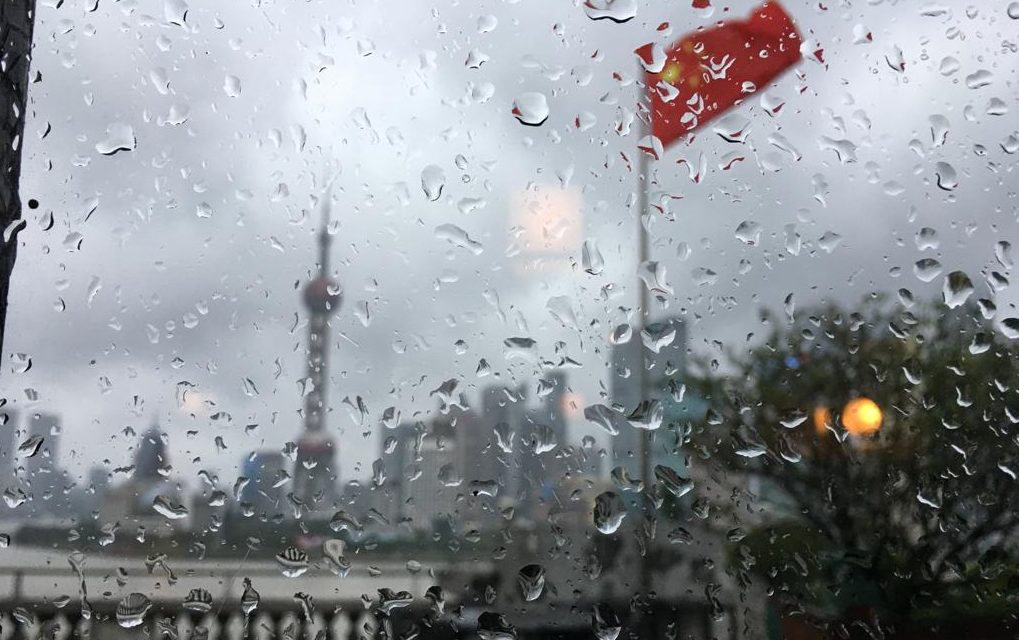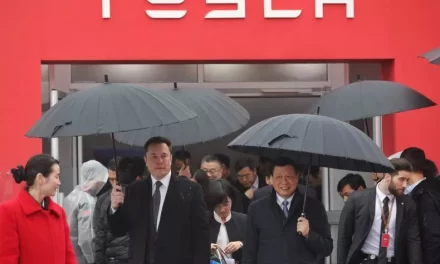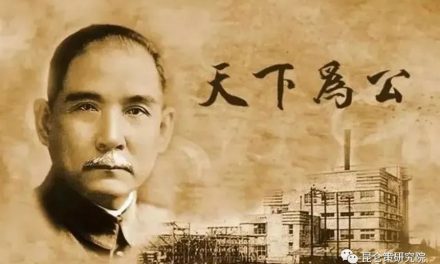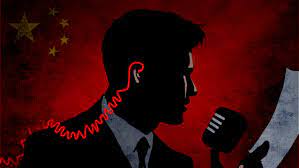BY JIANLI YANG 01/03/2022
When showing off China’s economic achievements and using them to denigrate democracy, the Chinese Communist Party (CCP) often has claimed that “Democracy cannot be eaten.” Chinese leader Xi Jinping recently portrayed China’s political system under his rule as a “whole process people’s democracy” — more democratic, the CCP asserted, than any other democracy in the world. But many in China, perhaps including Xi himself, have come to realize that Xi’s whole process people’s democracy cannot be eaten, either.
It’s true that China rivals the United States for the world’s largest economy — even overtaking the U.S. in terms of gross domestic product adjusted for purchasing power. But China’s problems, festering in the CCP, threaten to put the country’s economy off-kilter and that could affect Xi’s goal of indefinite rule just as he is about to start his third term in office.
This month, the political formulation of “keeping economic development as the central task,” which had almost disappeared in China’s policies in recent years, suddenly resurfaced in its Central Economic Work Conference. This formulation had permeated China’s policies for nearly three decades after the Tiananmen Square massacre in 1989 and held a dominant position until China entered the “Xi Jinping New Era of Socialism with Chinese Characteristics.” Tiananmen broke the CCP’s ideology, and it almost lost its ruling legitimacy. Rapid economic development had become one of two lifesaving straws. The other is nationalism, but its importance is far less than the former, especially in the early stages.
The Central Economic Work Conference, held at the end of each year, summarizes the economic situation of the year and sets the tone and deployment tasks for the next year’s economic policy. It is an important event to Chinese observers. “Keeping economic development as the central task” was re-established as the party’s basic line at this year’s meeting. Moreover, its announcement mentions the word “stable” dozens of times. The meeting requested that the economic work in 2022 should be steady and seek progress while maintaining stability. All regions and departments must take up the responsibility of stabilizing the macro-economy, and governments at all levels must actively introduce policies that are conducive to economic stability. There are as many as 20 areas where stability is sought.
The Central Economic Work Conference thus revealed at least three things. First, Xi’s policies have not focused on economic development in recent years; second, China’s economic situation is severe; third, Xi Jinping is striving for economic stability and prosperity next year.
About 10 years ago, China’s economic growth rate began to decline. After 30 years of rapid development, a slowdown is normal, but the overlap with Xi’s governance may indicate that the decline in economic growth is related to Xi’s policies. Especially in recent years — whether it was anti-corruption, building a personality cult, tightening the control of ideology and speech, strengthening the party’s control over the economy and society, or suppressing capital — they all may have come at the expense of economic growth. The recent Central Economic Work Conference acknowledged that China’s economy faces three pressures: demand contraction, supply shock, and weakening expectations.
Emphasis on China’s economy had been an unwritten rule since Deng Xiaoping initiated reforms. However, in recent years, government officials have put less emphasis on economic development, and economic performance has not been a criterion for promotion. Xi’s anti-corruption campaign and political evaluation of officials have made some officials panic. As a result, they spend time and energy on political studies, political struggles, and dealing with tasks from above and guarding against rivals. Under such an atmosphere, many do not want to work. This inevitably has caused the bureaucratic system to slack, negatively impacting on the economy. It has become evident that people cannot eat Xi’s “whole process people’s democracy.”
For sure, China’s economy faces a difficult time. However, 2022 could be a special year for Xi. He may enter his third term of leadership, and strive to remain in power, following the 20th National Party Congress, which is expected to be held in October. In light of Xi’s current control over the CCP and the Chinese military, no one may be able to stop him from remaining as the party’s top leader, unless something unusual and unexpected happens in the coming year. Xi likely knows that although no one in the CCP is making noise, many are privately questioning why he wants to change the decades-old system of orderly succession of top leaders.
Considering the harsh external environment and the difficulties and challenges facing China’s economy, Xi Jinping needs to do anything he can to stabilize China’s economy, and quickly.
























